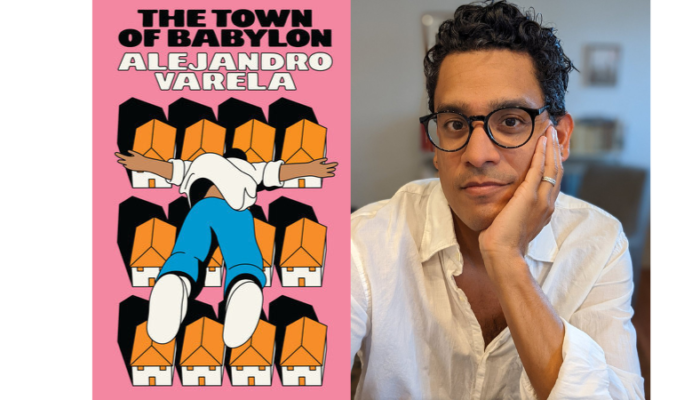Apartment
Within the closet where John, for most of 2011, was growing his pot, was a small engraving left by the previous owner: it was the word “loss.” I had discovered it the first time I spent the night, and, over the subsequent months of our relationship, I could not help but feel it as a sort of pall spread over my desire, a faint tolling. In those days, I approached life with fastidious superstition.
By “fastidious” I do not mean “obsessive.” I mean, simply, “meticulous:” I tallied omens like an accountant tallying numbers. I kept a growing index, within which “loss” was logged.
John once theorized, after a pull from a homegrown joint, that the reason for my fastidious cataloguing was the need to assert control over a disordered existence. It was not. The reason was that I believed these superstitions to be true. “Loss” meant that something would be taken. It meant that I had taken something, and that now I would have to give. For a long time I thought it meant that John and I would be pulled apart, but when, within only months of dating, I realized I could not hold off moving in, I understood that it was the opposite: I had lost my ability to be alone. I depended on him. It was a growing dependence. It grew and it grew, like a root, or like the sound of a bell.
The Undead
- In January of my junior year of college, I returned to New York to find that holocaust books were having a revival across the west side subway system. On the 1, 2, and 3 lines, shuttling back and forth from Columbia to my part-time internship working PR for my brother’s web startup, I would count the copies of Primo Levi’s Survival in Auschwitz, tucked into scarves and coat pockets or spread and pressed beneath gloved hands. I found myself looking for the books in other places as well, for instance in cafes or on the benches of museums, but I never found any: it was a revival that stayed underground.
- During that winter break, which I had spent mostly at home with my parents in Dallas, I borrowed my father’s truck and drove southwest to the small town of Sweetwater, which, I had read, once housed a community of Jewish immigrants. Of course, as was the case with most vanished populations, the cemetery was all that remained. I poked around for a while, brushing aside weeds from Hebrew names, as a man stood watching me from the fence, never turning his eyes, as if afraid I was a visitor from the past.
- Growing up, I was told a story about my family. It went that a great-grandparent, my mother’s mother’s father, the wealthiest man in his town in Poland, had saved the Belzer Rebbe and his disciples by sealing them within his vast library. Years later, I found the same story kept alive by the Rebbe’s grandson, a great fat man, heir to the entire enormous living dynasty of Belz Hasidim, who, I was told, it was a great privilege to meet.
Eric Wohlstadter‘s essays have appeared in Public Books. He will begin a Fiction MFA at Iowa Writers’ Workshop in the fall.




